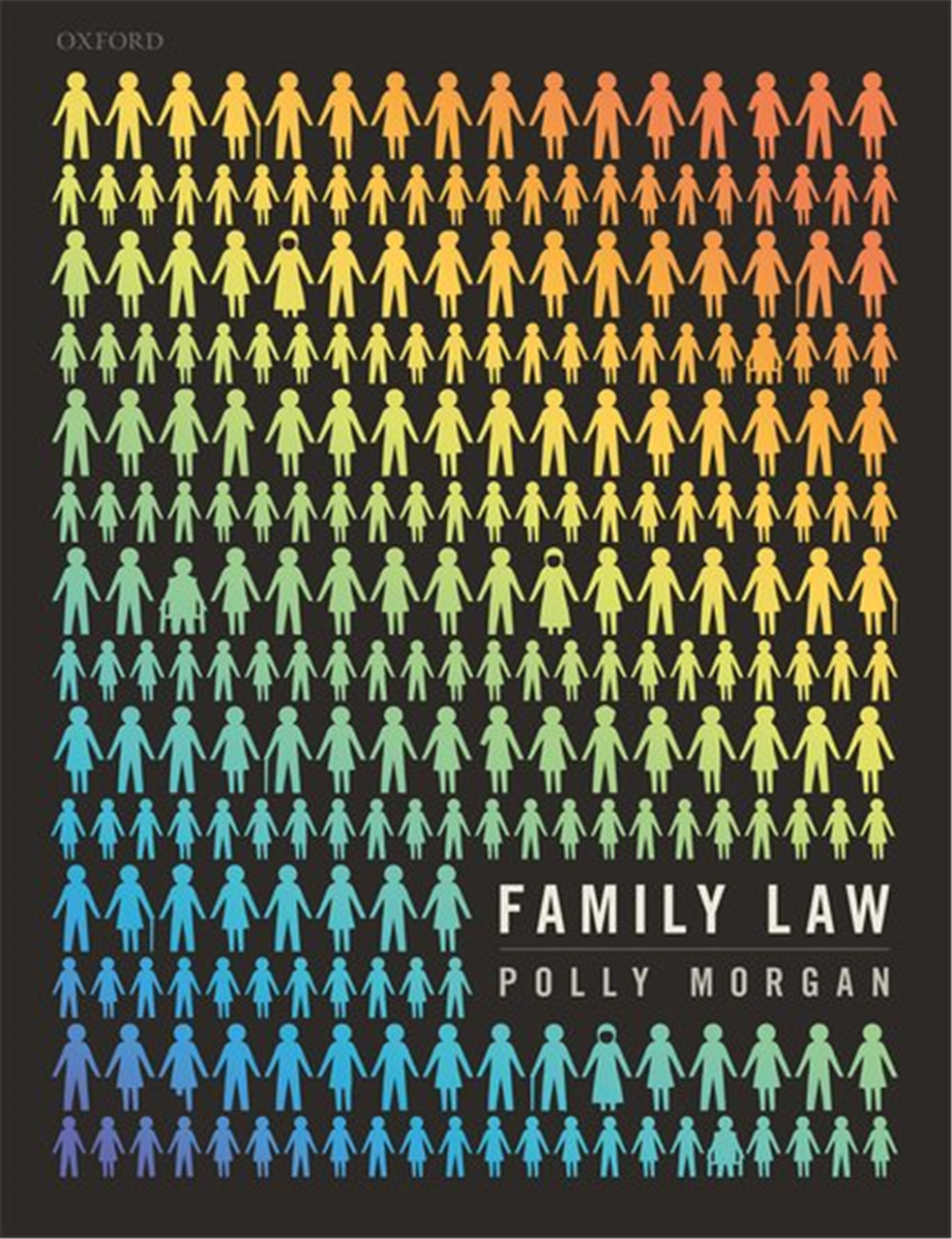
A Crib Sheet for those New to Financial Remedies Practice
Published: 13/03/2024 07:00

By way of an extract from Polly Morgan’s Family Law (OUP, 2nd edn, 2024), we present an aide memoire of the relevant principles and practicalities for the new financial remedies practitioner.
Summary of the principles and practicalities
(1) Consider ‘all the circumstances of the case’: s 25(1).
(2) Give ‘first consideration’ to the welfare of any child of the family aged under 18: s 25(1).
(3) Which factors in s 25(2)(a)–(h), are relevant to your client’s case, and what effect will they have? (Note that this is not an exhaustive list.)
(a) the income, earning capacity, property and other financial resources which each of the parties to the marriage has or is likely to have in the foreseeable future, including in the case of earning capacity any increase in that capacity which it would in the opinion of the court be reasonable to expect a party to the marriage to take steps to acquire (s 25(2)(a))
(b) the financial needs, obligations and responsibilities which each of the parties to the marriage has or is likely to have in the foreseeable future (s 25(2)(b))
(c) the standard of living enjoyed by the family before the breakdown of the marriage (s 25(2)(c))
This is relevant to quantum of periodical payments, for example, and the assessment of housing needs. Provides a benchmark but no entitlement to always live at this standard.
(d) the age of each party to the marriage and the duration of the marriage (s 25(2)(d))
Older parties are likely to have specific needs, fewer (if any) working years ahead, and may have adopted traditional breadwinner/homemaker roles.
(e) any physical or mental disability of either of the parties to the marriage (s 25(2)(e))
(f) the contributions which each of the parties has made or is likely in the foreseeable future to make to the welfare of the family, including any contribution by looking after the home or caring for the family
White v White [2000] UKHL 54: no discrimination between homemaker and breadwinner in their matrimonial contributions. Rare exception: stellar contribution to matrimonial assets, requires genius.
Non-matrimonial assets are a contribution in one party’s favour. Will you deal with these through the artistic method – adjusting away from equal division of all the assets to reflect the fact that some are non-matrimonial – or through the scientific method – calculating the amount of non-matrimonial assets and then giving them to the contributor before sharing the rest?
(g) the conduct of each of the parties, if that conduct is such that it would in the opinion of the court be inequitable to disregard it
Four kinds of misconduct identified in OG v AG [2020] EWFC 52. Personal misconduct must be ‘obvious and gross’ per Wachtel [1973] Fam 72. Litigation misconduct such as failure to disclose assets usually dealt with through a costs order or adverse inferences, and ‘wanton’ dissipation through add backs. In rare cases can be ‘obvious and gross’ and justify innocent party getting greater share of the assets
(h) the case of proceedings for divorce or nullity of marriage, the value to each of the parties to the marriage of any benefit … which, by reason of the dissolution or annulment of the marriage, that party will lose the chance of acquiring.
Also: Nuptial agreements, not falling explicitly under any part of s 25(2), are still considered ‘part of all the circumstances of the case’ and part of conduct.
(4) Remember that ‘the ultimate objective is to give each party an equal start on the road to independent living’: Miller/McFarlane at [144] (per Lady Hale).
(5) Now you’ve identified which factors are relevant, apply the three principles.
There is no hard and fast rule about whether you start with sharing or with needs, and each will give different result. However, starting with sharing has symbolic merit and was preferred in Charman v Charman (No 4) [2007] EWCA Civ 503
We suggest you start with sharing. What does a 50/50 split of the assets look like?
(6) Are there principled reasons to adjust away (deviate from) equal sharing of capital?
Are each party’s needs met by equal sharing? If not, an adjustment away from equal sharing will be necessary, and it may be necessary to dip into any non-matrimonial assets.
To provide a party with compensation for relationship generated disadvantage? Case law trend not to be a separate award under this head but it may result in more generous assessment of need and exceptionally an award in its own right.
To reflect (mis)conduct, if inequitable to disregard?
Because one party has made a stellar contribution to matrimonial assets, within the limits outlined in Charman v Charman (No 4) [2007] EWCA Civ 503? Unlikely to justify more than a slight deviation from equal sharing: Charman at [90]. Very rare to be invoked.
To reflect the presence of non-matrimonial assets (if using artistic method and have not under scientific method already removed these).
Because of the presence of a prenuptial agreement, which is capable to affecting what is fair?
Remember not to treat needs, compensation, and sharing as different heads of award, one added to the other: RP v RP [2006] EWHC 3409 (Fam)
(7) Are there practical reasons to adjust away (deviate from) equal sharing of capital?
One party may give the other extra capital instead of periodical payments, to enable a clean break. This is called ‘capitalising’.
Similarly, one may give the other extra capital – and offsetting lump sum – instead of a pension share.
Be careful not to capitalise everything because it is no help at all to have a clean break and intact pension if the client has nowhere to live.
You could have an unequal split for a practical reason such as because one party has taken riskier assets than the other and to compensate for this risk has taken a greater award.
(8) Remember that the client gets the higher amount of sharing, needs, and compensation.
Per the Court in Charman v Charman (No 4) [2007] EWCA Civ 503: ‘It is clear that, when the result suggested by the needs principle is an award of property greater than the result suggested by the sharing principle, the former result should in principle prevail: per Baroness Hale in Miller at [paragraphs] 142 and 144…. It is also clear that, when the result suggested by the needs principle is an award of property less than the result suggested by the sharing principle, the latter result should in principle prevail: per Lord Nicholls in Miller at 28 and 29 and Baroness Hale at 139.’
(9) Remember that there is no principle of equal sharing of incomes post-divorce but an award can be made for needs or (rarely) compensation.
(10) Think about the practicalities of the settlement structure as well as the quantum:
Consider capital: has your client got enough money to rehouse themselves and meet their capital needs?
Consider income: has your client got enough money to live on? If not, consider a periodical payments order, or if there is enough money, consider capitalising this for a clean break.
Consider pensions: Do not forget these. Do not treat these as capital available now unless they can be drawn, but just because they are not accessible until pensionable age does not mean they are not important.
Is there a plan for the future? Consider future resources including pensions, and whether your client will have to downsize to free up capital in the event of a future drop in income.
(11) If considering periodical payments:
Consider terminating claims ‘as soon after the grant of the decree as the court considers just and reasonable’: s25A(1).
Consider terminating any periodical payments once recipient can ‘adjust without undue hardship’: s25A(2).
SS v NS [2014] EWHC 4183 (Fam): ‘The marital standard of living is relevant to the quantum of spousal maintenance but is not decisive. That standard should be carefully weighed against the desired objective of eventual independence’. Amount will depend on claimant’s budgetary needs and whether the amount identified ‘represents a fair proportion of the respondent’s available income’.
Do not forget that child maintenance will be paid according to the statutory formula (see Chapter 6) unless they exceed the income cap.
Does provision need to be secured? Better to address now if problems are anticipated.
(12) Do a cross-check of fairness. In light of the above, does the outcome you are proposing fall within a range of fair settlements?









